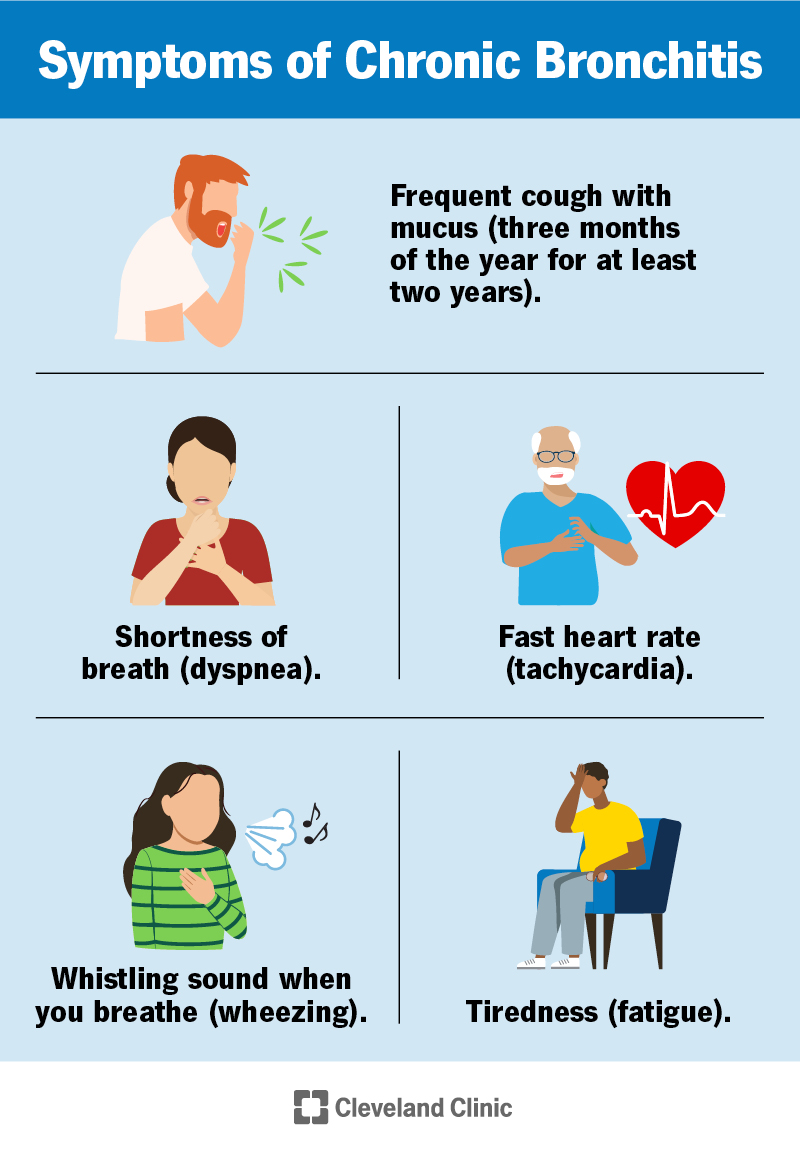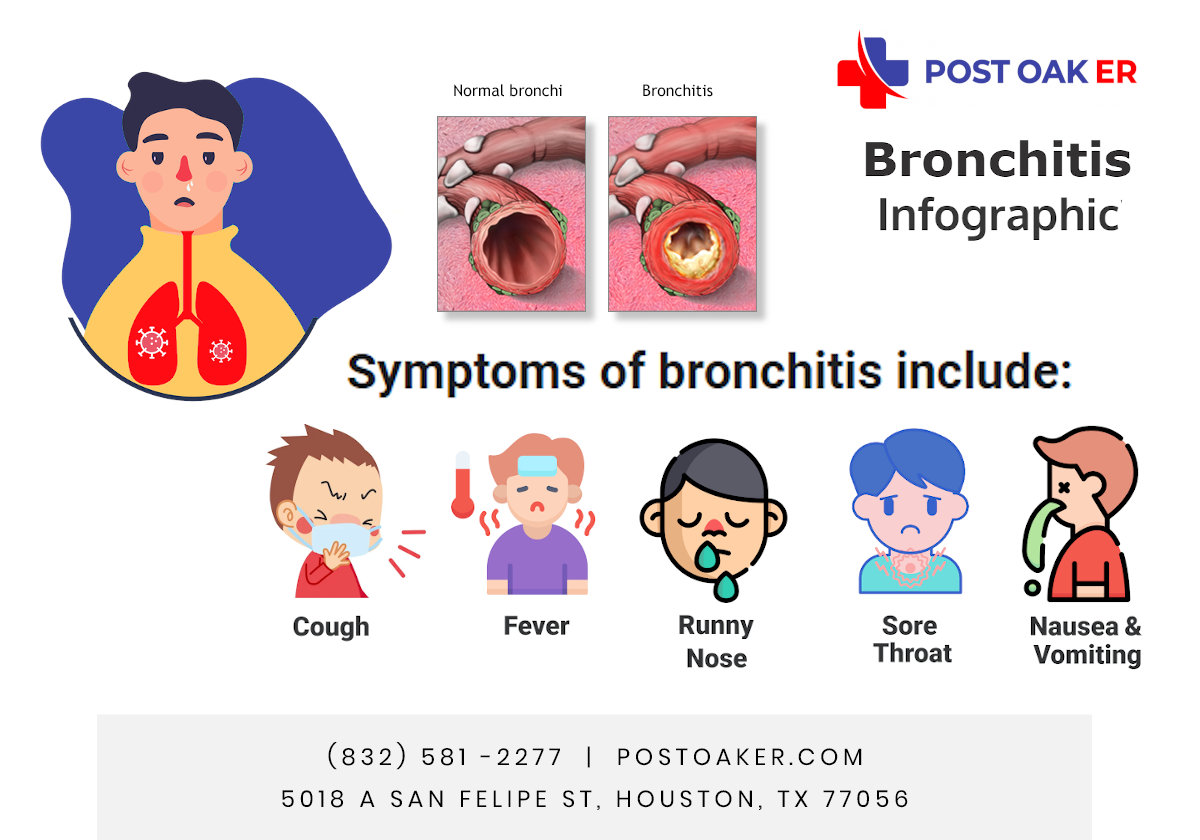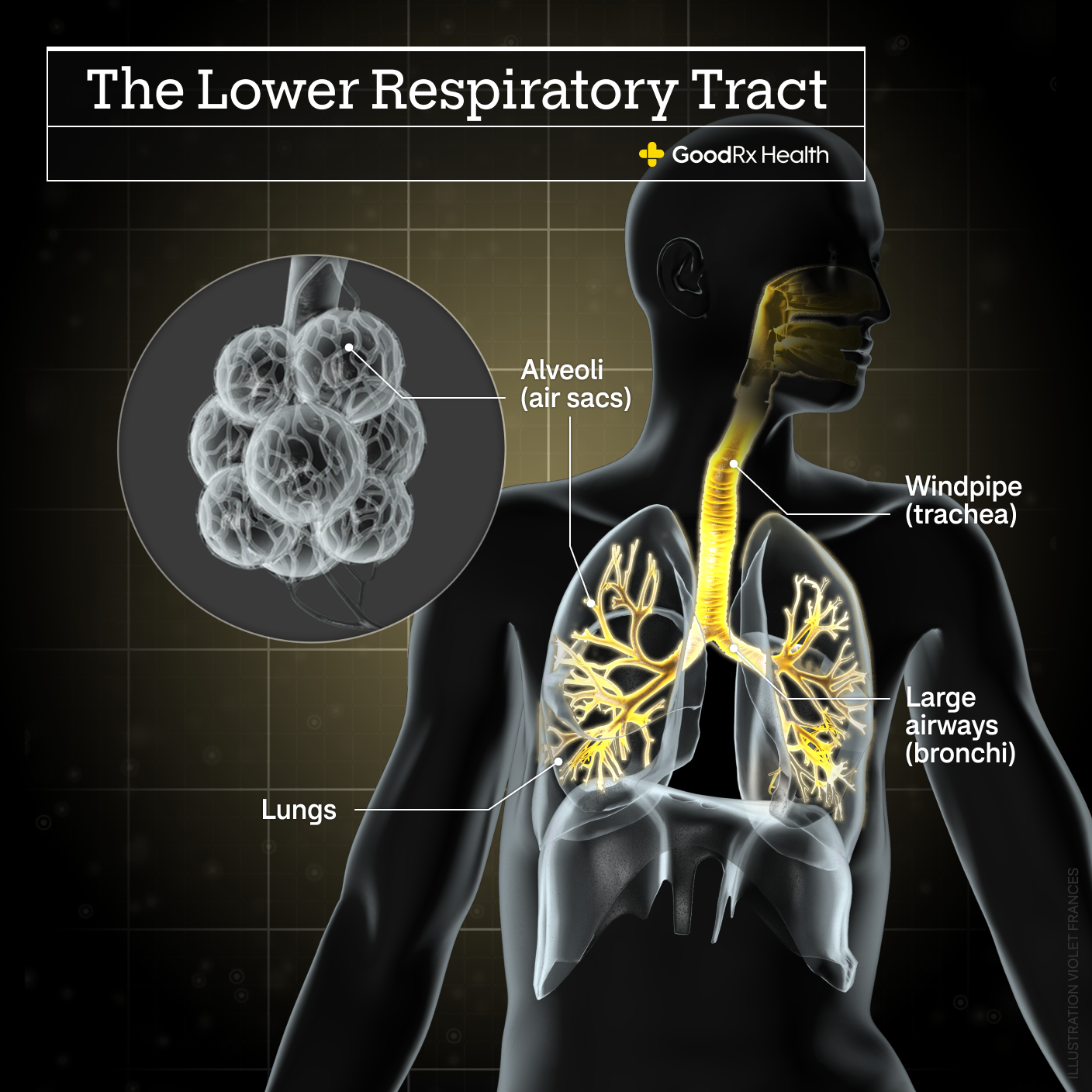Yes, bronchitis can be contagious. It depends on the type you have.
Acute bronchitis, often caused by viruses, is contagious. Chronic bronchitis, usually linked to smoking or other lung irritants, is not. Bronchitis is a common respiratory condition. It inflames the bronchial tubes that carry air to your lungs. This causes coughing, mucus, and difficulty breathing.
Understanding whether bronchitis is contagious helps prevent its spread and protects others. This blog will explore the causes, symptoms, and prevention of bronchitis. Knowing these details will help you manage the condition and reduce the risk of spreading it to others. Stay informed and keep your lungs healthy.

you can check: Fertility Calculator / BMI Calculator / BMR Calculator / Health Risks Calculator
Read More: Ashwagandha Can Make You Horny / Vaginal Pump / Omron Blood Pressure / Vitamin C in Daily / vitamin D deficiency / magic wash laundromat / amphound / pixelxoom / cake ideas
Read More: vaginal depth / Vaginal Pump / Vaginal Cuff / Vaginal Dryness / Tighten Your Vagina / Sore Penis After Sex / Nicotine and Your Sex Drive / Why am I so horny? / Sexual BatteryRead more: 8 oz Chicken Breast / Sea Moss Gel / V8 Energy Drinks / 3 eggs calories / Eating Masago
Is Bronchitis Contagious?
Bronchitis Basics
Bronchitis is a condition that affects the airways in the lungs. It causes inflammation and irritation in the bronchial tubes. These tubes carry air to your lungs. When they get inflamed, it can be hard to breathe.
Many people wonder if bronchitis is contagious. To understand this, we need to know more about bronchitis itself. Let’s start with the types and causes of bronchitis.
Types Of Bronchitis
There are two main types of bronchitis: acute and chronic. Acute bronchitis is short-term. It usually lasts for a few weeks. Chronic bronchitis is long-term. It can last for months or even years. Chronic bronchitis is often part of a larger condition called chronic obstructive pulmonary disease (COPD).
Causes Of Bronchitis
Acute bronchitis is mostly caused by infections. These infections can be viral or bacterial. The flu or a cold virus can lead to acute bronchitis. Chronic bronchitis is usually caused by long-term exposure to irritants. Smoking is a common cause. Pollution and dust can also lead to chronic bronchitis.
Knowing the type and cause of bronchitis can help determine if it’s contagious. Acute bronchitis from infections can spread to others. Chronic bronchitis from irritants is not contagious.
Symptoms Of Bronchitis
Bronchitis affects the bronchial tubes in the lungs. These tubes carry air to and from the lungs. Symptoms can vary in intensity and duration. Recognizing these symptoms can help in managing the condition effectively.
Common Symptoms
Many people with bronchitis experience a persistent cough. This cough often brings up mucus. It can last for several weeks. Other common symptoms include wheezing and a sore throat. You might feel tired more than usual. A low-grade fever is also possible. Nasal congestion and a runny nose can occur too.
Severe Symptoms
Some symptoms of bronchitis can be severe. Shortness of breath is a serious sign. Chest pain or discomfort may happen. High fever is another severe symptom. If you experience these, seek medical attention. Rapid breathing and confusion can also be severe indicators. Persistent symptoms may need a healthcare professional’s evaluation.
Bronchitis And Contagion
Bronchitis is a common respiratory condition. It causes inflammation of the bronchial tubes. These tubes carry air to your lungs. The condition often brings coughing, mucus, and shortness of breath. Many wonder if bronchitis is contagious. The answer depends on the type of bronchitis.
How Bronchitis Spreads
Acute bronchitis usually spreads through viruses. These viruses are the same ones that cause the common cold and flu. When a person with bronchitis coughs or sneezes, they release droplets into the air. These droplets contain the virus. You can catch the virus by inhaling these droplets.
Touching surfaces with the virus can also spread bronchitis. If you touch your face after touching a contaminated surface, you might get infected. Washing hands often helps prevent the spread. Chronic bronchitis, on the other hand, is not contagious. It is usually caused by long-term irritation from smoking or pollutants.
Contagious Period
The contagious period of bronchitis varies. In acute bronchitis, a person is most contagious in the first few days of illness. They can remain contagious as long as they show symptoms. This period usually lasts for a week or more.
It is important to stay away from others during this time. Covering your mouth when coughing and sneezing can also help. Chronic bronchitis does not have a contagious period. It is a long-term condition that does not spread from person to person.

Credit: my.clevelandclinic.org
Diagnosing Bronchitis
Bronchitis can be a confusing illness, especially when it comes to understanding whether it’s contagious or not. One of the most critical aspects is diagnosing it accurately. Knowing the right steps to take and what to expect can make a huge difference in treatment and recovery.
Medical Tests
When you visit a doctor for bronchitis, expect a thorough examination. The doctor will likely start with a physical exam, checking your lungs with a stethoscope.
Blood tests might be ordered to look for signs of infection. A chest X-ray can help rule out pneumonia, which has similar symptoms.
I remember once feeling incredibly anxious waiting for test results. It turned out to be just bronchitis, but the clarity those tests provided was invaluable.
Differential Diagnosis
Bronchitis shares symptoms with several other conditions. Asthma, pneumonia, and even allergies can mimic bronchitis symptoms.
Your doctor might use differential diagnosis techniques to rule these out. This involves comparing your symptoms with other illnesses to find the exact match.
Have you ever wondered why your cough persists despite taking medication? Understanding differential diagnosis can help you find the right treatment.
Diagnosing bronchitis accurately ensures you get the right treatment and avoid unnecessary worry. What’s your experience with bronchitis diagnosis? Share your thoughts below!
Treating Bronchitis
Bronchitis can be a painful respiratory condition. Understanding how to treat it is important for a speedy recovery. There are several ways to manage symptoms and support healing. Below, we’ll discuss medications and home remedies that can help.
Medications
Doctors often prescribe medications for bronchitis. Antibiotics treat bacterial infections. Bronchodilators help open airways, making breathing easier. Steroids reduce inflammation in the bronchial tubes. Over-the-counter pain relievers, like ibuprofen, can reduce fever and body aches.
Home Remedies
Home remedies can also provide relief. Drink plenty of fluids to stay hydrated. Warm water with honey can soothe a sore throat. Using a humidifier adds moisture to the air, making it easier to breathe. Rest is vital. It helps your body heal.
Another tip is to avoid smoking. Smoke irritates the bronchial tubes. Inhaling steam from a bowl of hot water can also help clear mucus. Don’t forget to keep your environment clean. Dust and allergens can worsen symptoms.
Preventing Bronchitis
Preventing bronchitis is easier than you might think. While bronchitis can be a pesky and debilitating illness, there are practical steps you can take to reduce your risk. By focusing on vaccinations and healthy habits, you can keep your lungs in top shape and avoid the discomfort that comes with this condition.
Vaccinations
Vaccinations play a crucial role in preventing bronchitis. Getting a flu shot each year helps protect against influenza, which can lead to bronchitis. Have you had your flu vaccine this year?
Pneumonia vaccines are also essential, especially for older adults and those with chronic health conditions. These vaccines can prevent pneumonia, a common complication of bronchitis. Speak with your doctor about which vaccines are right for you.
Healthy Habits
Adopting healthy habits can significantly lower your risk of bronchitis. First and foremost, wash your hands regularly. This simple act removes germs that can cause respiratory infections. Do you wash your hands before meals and after using the restroom?
Quitting smoking is another powerful way to prevent bronchitis. Smoking damages your lungs and weakens your immune system. I remember when my uncle quit smoking, he noticed fewer colds and coughs almost immediately. What changes have you noticed when you made a healthy switch?
Staying hydrated and maintaining a balanced diet also support your immune system. Drink plenty of water and eat fruits and vegetables to give your body the nutrients it needs to fight off infections. Small changes in your diet can make a big difference in your overall health.
By focusing on vaccinations and adopting healthy habits, you can protect yourself from bronchitis and enjoy better respiratory health. What steps will you take today to prevent bronchitis? Your lungs will thank you!
Risk Factors
Bronchitis is contagious, especially if caused by a viral infection. Risk factors include smoking, weakened immune system, and exposure to irritants.
When it comes to understanding bronchitis, knowing the risk factors is crucial. It helps you take preventive measures and protect your health. Let’s dive into two primary risk factors: age and environmental factors.
Age And Bronchitis
Age plays a significant role in the likelihood of developing bronchitis. Young children and the elderly are more vulnerable. Their immune systems are either still developing or weakening, making them susceptible to infections. I remember my grandmother struggling with bronchitis every winter. Her doctor explained that people over 65 are at higher risk. This was a wake-up call for our family to ensure she stayed warm and avoided crowded places during flu season. Are you caring for young children or elderly relatives? Be proactive. Regular hand washing and vaccinations can make a huge difference.
Environmental Factors
Your environment can also impact your chances of getting bronchitis. Exposure to pollutants, like cigarette smoke and industrial chemicals, increases the risk. Even household irritants like dust and mold can be culprits. Living in a city with high pollution levels? Consider using air purifiers at home. When I moved to a less polluted area, I noticed fewer respiratory issues. It was a clear sign of how much the environment affects our health. Think about your daily exposure. Are there changes you can make to reduce pollutants in your surroundings? By understanding these risk factors, you can take steps to protect yourself and your loved ones from bronchitis. So, what’s your next step in safeguarding your health?

Credit: postoaker.com
Complications
Bronchitis can lead to serious complications if not treated promptly. Knowing these complications helps you take necessary precautions. Let’s explore some common complications of bronchitis.
Chronic Bronchitis
Chronic bronchitis is a long-term condition. It occurs when the bronchial tubes stay inflamed. This inflammation leads to excessive mucus production. Patients often experience persistent coughing. Breathing difficulties become more frequent over time. This condition requires ongoing medical attention. Ignoring chronic bronchitis may worsen lung function. It can also increase the risk of respiratory infections.
Pneumonia
Pneumonia is another severe complication of bronchitis. It happens when lung tissue gets infected. This infection can be viral or bacterial. Symptoms include high fever, chest pain, and shortness of breath. Pneumonia can be life-threatening, especially for older adults. Immediate medical treatment is crucial. Proper care can prevent the spread of the infection. Vaccination can also reduce the risk of pneumonia.
Bronchitis In Children
Bronchitis is a condition that affects the airways in the lungs. It can cause inflammation and irritation. Children are particularly susceptible to bronchitis. Knowing the symptoms and treatments is crucial for parents.
Symptoms In Children
Children with bronchitis often have a persistent cough. This cough may produce mucus. They might experience a fever. Wheezing and difficulty breathing are common. Fatigue and chest discomfort can occur too.
Treatment For Children
Treating bronchitis in children involves several steps. Rest is essential. Ensure your child drinks plenty of fluids. This helps thin the mucus. A humidifier can ease breathing. Over-the-counter medications may relieve symptoms. Always consult your doctor first. They may prescribe antibiotics if a bacterial infection is present. Follow their guidance closely.
Bronchitis In Adults
Bronchitis is a condition that inflames the bronchial tubes. These tubes carry air to the lungs. Adults can get bronchitis from viruses, bacteria, or other irritants. Understanding the symptoms and treatments can help manage the condition.
Symptoms In Adults
Adults with bronchitis may experience several symptoms. A persistent cough is common. This cough may produce mucus. You may also feel chest discomfort. Shortness of breath can occur. Fatigue is another frequent symptom. Some people may have a mild fever. Chills might accompany the fever.
Treatment For Adults
Rest is crucial for recovery. Drink plenty of fluids. This helps thin the mucus. Over-the-counter medications can ease symptoms. Cough suppressants may be useful. Pain relievers can reduce fever and discomfort. In some cases, doctors may prescribe antibiotics. This is only for bacterial infections. Avoid smoking and irritants. They can worsen symptoms.
Bronchitis In Elderly
Bronchitis is a common respiratory condition that can affect anyone, but it poses unique challenges for the elderly. As people age, their immune systems weaken, making them more vulnerable to infections. Understanding the symptoms and treatment options for bronchitis in elderly individuals is crucial for their health and well-being.
Symptoms In Elderly
Symptoms of bronchitis in elderly people can be severe. They often experience a persistent cough. This cough might produce mucus. There can be chest discomfort or pain. Shortness of breath is another common symptom. Fatigue and weakness are also frequently reported. Elderly individuals might also have a low-grade fever. These symptoms can last longer in older adults.
Treatment For Elderly
Treatment for bronchitis in elderly patients requires special care. Hydration is very important. Drinking plenty of fluids helps to thin mucus. Rest is also crucial for recovery. Over-the-counter medications may relieve symptoms. These include cough suppressants and pain relievers. In some cases, a doctor might prescribe antibiotics. This happens if a bacterial infection is suspected. Inhalers or nebulizers can help ease breathing difficulties. Regular follow-ups with healthcare providers are essential. Vaccinations against flu and pneumonia can also prevent bronchitis.
Living With Bronchitis
Bronchitis can be contagious if caused by a viral or bacterial infection. It spreads through coughs, sneezes, and close contact. Simple hygiene practices like handwashing help prevent transmission.
Living with Bronchitis can be challenging, but with the right approach, you can manage your symptoms effectively. Whether you have acute or chronic bronchitis, understanding how to handle daily activities, and seeking support, can significantly improve your quality of life. Let’s explore some practical tips and resources to help you navigate this condition.
Daily Management
Managing bronchitis on a daily basis involves several practical steps. Start by maintaining a healthy lifestyle that includes a balanced diet and regular exercise. This can boost your immune system and help you recover faster. Stay hydrated. Drinking plenty of fluids can thin mucus, making it easier to expel. Keep a water bottle with you to remind yourself to drink throughout the day. Avoid irritants. Smoking, dust, and strong odors can worsen your symptoms. If you’re a smoker, consider quitting. Create a clean, smoke-free environment to reduce your exposure to potential triggers. Use a humidifier. Adding moisture to the air can ease your breathing. Place a humidifier in your bedroom to help you sleep better. Pay attention to your body. Rest when you need to, and don’t push yourself too hard. Listen to your body’s signals and adjust your activities accordingly.
Support Groups
Finding a support group can be incredibly beneficial. Connecting with others who understand what you’re going through can provide comfort and practical advice. Look for local or online support groups for individuals with bronchitis or other respiratory conditions. Websites like Facebook and Reddit have communities where you can share your experiences and learn from others. Engage with your support group. Ask questions, share your progress, and offer support to others. This interaction can be therapeutic and help you feel less isolated. Consider joining a pulmonary rehabilitation program. These programs provide education, exercise training, and support to help you manage your symptoms and improve your quality of life. Remember, you are not alone in this journey. Reaching out to others can make a significant difference in how you cope with bronchitis. What steps will you take today to manage your condition better?
Workplace Precautions
Bronchitis can spread easily in a workplace. Taking precautions helps protect everyone. Let’s explore how to prevent the spread and what employers can do.
Avoiding Spread
Employees with bronchitis should stay home. This stops the illness from spreading. Encourage sick workers to rest and recover at home.
Promote good hygiene. Hand washing is key. Provide hand sanitizers in common areas. Remind employees to cover their mouths when coughing or sneezing. Use tissues or elbows, not hands.
Disinfect shared surfaces. Germs can live on desks, doorknobs, and keyboards. Clean these areas regularly. This reduces the risk of spreading bronchitis.
Employer Guidelines
Employers should create a healthy work environment. Flexible sick leave policies help. Allow employees to take time off without fear of losing pay.
Promote a culture of health. Encourage workers to stay home when sick. Lead by example. If a manager is ill, they should also stay home.
Provide health resources. Offer access to flu shots and health education. Inform employees about bronchitis and its symptoms. Educated employees make better health choices.
Consider remote work options. If possible, allow employees to work from home. This keeps the workplace safe while maintaining productivity.
Travel Precautions
Bronchitis can be contagious, especially if caused by a virus. Traveling with bronchitis requires precautions to avoid spreading germs. Consider wearing a mask and washing hands frequently.
Traveling can be a thrilling experience, but if you’re dealing with bronchitis, there are essential precautions to consider. Understanding the contagious nature of bronchitis is vital to ensure your safety and the safety of others during your journey. Here are some travel precautions you should take to minimize risks and enjoy a worry-free trip.
When To Postpone Travel
If you have acute bronchitis, it’s wise to rethink your travel plans. Acute bronchitis is often caused by a virus and can be highly contagious. Feeling under the weather? Postponing your travel might be the best option. Symptoms like a persistent cough, fever, or fatigue can worsen with travel stress. Consider your destination. If you’re heading to a place with poor air quality or extreme weather, it could aggravate your bronchitis symptoms. Consult your doctor to make an informed decision.
Travel Safety Tips
Traveling with bronchitis? Here are some tips to stay safe. 1. Wear a mask: A mask can prevent the spread of germs and protect you from catching new ones. Opt for an N95 mask for better protection. 2. Carry hand sanitizer: Keep your hands clean to reduce the risk of spreading or catching infections. Use an alcohol-based sanitizer frequently, especially after touching surfaces. 3. Stay hydrated: Drink plenty of water to keep your throat moist and reduce coughing. Avoid caffeinated or alcoholic beverages as they can dehydrate you. 4. Take breaks: Long journeys can be exhausting. Take short breaks to rest and avoid overexertion, especially if you have a persistent cough. 5. Pack medications: Bring along all necessary medications, including inhalers and cough suppressants. Keep them in your carry-on for easy access. Considering these precautions can make your travel experience smoother and safer. Have you ever traveled with bronchitis? What steps did you take to stay healthy? Share your thoughts in the comments! “`
Natural Remedies
When dealing with bronchitis, you might wonder about natural remedies to relieve symptoms and support healing. Here, we’ll explore some effective alternatives that can be easily tried at home. These methods not only alleviate discomfort but also promote overall respiratory health.
Herbal Treatments
Herbal treatments can be a gentle yet effective way to manage bronchitis symptoms. Ginger tea is a popular choice; it reduces inflammation and soothes the throat. You can make it by adding fresh ginger slices to hot water and letting it steep for a few minutes.
Another helpful herb is thyme. It has powerful antibacterial properties that can help clear mucus. Simply brew thyme tea by steeping a teaspoon of dried thyme in hot water.
Consider peppermint too. Its menthol component can open up the airways. Drinking peppermint tea or inhaling peppermint steam can bring relief.
Breathing Exercises
Breathing exercises can significantly improve your lung function and ease breathing difficulties. Practice pursed-lip breathing. Inhale through your nose, then exhale slowly through pursed lips. This helps release trapped air from your lungs.
Another technique is diaphragmatic breathing. Lie on your back with your knees bent. Place one hand on your chest and the other on your abdomen. Breathe in deeply through your nose, ensuring your abdomen rises more than your chest.
Engaging in regular breathing exercises can strengthen your lungs and reduce bronchitis symptoms. Try to set aside a few minutes each day for these practices.
Have you tried any of these natural remedies for bronchitis? What worked best for you? Share your experiences in the comments below!
Bronchitis Myths
Bronchitis is a common illness, but many myths surround it. These myths can cause confusion and anxiety. Let’s debunk some of the most common misconceptions about bronchitis.
Common Misconceptions
Many people believe that bronchitis is highly contagious. While it can be, not all cases are. Acute bronchitis, often caused by viruses, can spread from person to person. However, chronic bronchitis, usually due to long-term irritation from smoking or pollutants, isn’t contagious.
Another myth is that antibiotics can always cure bronchitis. Antibiotics only work against bacterial infections. Since most bronchitis cases are viral, antibiotics won’t help.
Fact Vs. Fiction
Fact: You don’t always need medication for bronchitis. Rest, fluids, and over-the-counter medications can often relieve symptoms. Fiction: Bronchitis always leads to pneumonia. While bronchitis can increase the risk, it doesn’t always result in pneumonia.
Fact: You can get bronchitis more than once. Fiction: Only smokers get chronic bronchitis. Non-smokers exposed to pollution or other irritants can also develop chronic bronchitis.
Have you ever thought bronchitis was just a bad cough? It’s more than that. Understanding the facts can help you manage it better.
These myths can make dealing with bronchitis more challenging. By knowing the truth, you can approach treatment with confidence and clarity.
Seasonal Bronchitis
Bronchitis is an inflammation of the bronchial tubes, causing coughing and difficulty breathing. It’s often triggered by viruses and bacteria. But did you know its contagious nature varies with the seasons? Let’s dive into how different times of the year affect the spread of bronchitis.
Winter Risks
Winter brings cold weather and flu season. You might notice more people coughing and sneezing around you. This increases the chances of catching bronchitis.
During winter, indoor heating systems can dry out the air. Dry air can irritate your respiratory system, making it easier for infections to spread.
Additionally, people tend to stay indoors more. Closed spaces can make it easier for viruses to spread from person to person. Have you ever noticed how quickly a cold can spread in a crowded room?
Summer Risks
Summer is usually associated with better health. However, it has its own risks for bronchitis. Hot and humid weather can promote bacterial growth, which can lead to infections.
Air conditioning can also play a role. While it keeps you cool, it can dry out your airways, making you more susceptible to infections.
Outdoor activities increase in summer. However, exposure to pollutants and allergens can irritate your lungs, potentially leading to bronchitis. Have you ever felt your throat scratchy after a day out in the smog?
Understanding these seasonal risks can help you take precautions. Are you more cautious during winter than summer? Share your thoughts and experiences below!

Credit: www.goodrx.com
Bronchitis And Allergies
Did you know that allergies can make bronchitis worse? If you’re someone with allergies, you might have noticed that your bronchitis symptoms flare up when you’re around certain triggers. Understanding the link between bronchitis and allergies can help you manage your symptoms better.
Allergic Triggers
Allergic triggers are everywhere. They can be as simple as dust mites, pollen, or pet dander. If you have bronchitis, these triggers can irritate your airways, making you cough more.
Have you ever visited a friend with a cat and felt your symptoms worsen? That’s a perfect example of how allergic triggers can affect you. Knowing what sets off your allergies is the first step in managing them.
Management Strategies
Managing allergies while dealing with bronchitis might seem challenging, but it’s doable. Start by identifying your triggers. Keep a diary of what you eat, where you go, and how you feel each day. Patterns will emerge.
Use air purifiers in your home to reduce allergens. Regular cleaning can also help. Make sure to wash your bedding frequently to get rid of dust mites.
Over-the-counter antihistamines can offer relief. However, always consult your doctor before taking new medications. They can offer you the best advice tailored to your specific condition.
Have you tried any of these strategies before? What worked best for you? Sharing your experiences can help others manage their symptoms better. Remember, small changes can make a big difference in your quality of life.
Role Of Lifestyle
Understanding the role of lifestyle in bronchitis can help manage symptoms. Lifestyle choices impact the severity and frequency of bronchitis attacks. Simple changes can make a big difference. Let’s explore how smoking and diet affect bronchitis.
Smoking And Bronchitis
Smoking is a leading cause of bronchitis. It irritates and damages lung tissues. This makes the lungs more vulnerable to infections. Every puff worsens the inflammation. Quitting smoking can significantly reduce symptoms. It also lowers the risk of chronic bronchitis. Even secondhand smoke can trigger bronchitis. Avoiding smoky environments helps too.
Diet And Bronchitis
Diet plays a crucial role in managing bronchitis. Certain foods can either help or harm. A diet rich in fruits and vegetables boosts the immune system. This helps the body fight infections better. Drinking plenty of water keeps the mucus thin. This makes it easier to expel. Avoiding dairy products may also help. They can thicken mucus, making it harder to clear. Eating a balanced diet supports overall lung health. This can reduce the frequency of bronchitis attacks.
Mental Health
Bronchitis isn’t just a physical issue; it can impact your mental health too. Dealing with a chronic illness can be stressful and may lead to anxiety or depression. Understanding the connection between bronchitis and mental health can help you manage both aspects effectively.
Stress Impact
Stress can worsen the symptoms of bronchitis. When you’re stressed, your immune system becomes weaker, making it harder for your body to fight infections. This can prolong the recovery period.
Imagine being constantly worried about your cough and whether it’s contagious. This persistent stress can drain your energy and make you feel overwhelmed. It’s crucial to find ways to manage stress to aid your recovery.
Mental Health Support
Don’t ignore your mental health. If you’re feeling anxious or depressed because of bronchitis, reach out for support. Talking to a therapist can help you develop coping strategies.
Joining a support group can also be beneficial. Sharing your experiences with others who understand what you’re going through can provide comfort and practical advice.
What about your daily routine? Incorporating mindfulness activities like meditation or yoga can help reduce stress. These practices can improve both your mental and physical health.
Have you considered how your environment affects your mental health? Creating a calm, comfortable space can make a big difference. Surround yourself with things that make you happy and reduce stress.
How do you manage stress and maintain your mental health when dealing with bronchitis? Your strategies could inspire others facing similar challenges.
Conclusion
Bronchitis can be contagious, especially the viral type. Prevent spreading it by washing hands often. Avoid close contact with infected people. Seek medical advice if symptoms persist. Understanding bronchitis helps you protect yourself and others. Stay informed, take precautions, and maintain good hygiene.
With these steps, you can reduce the risk of catching or spreading bronchitis. Stay healthy and be proactive in managing your well-being.



